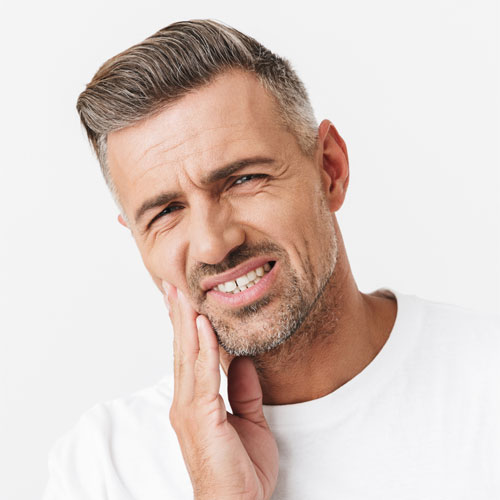What is Bruxism, or Teeth grinding
Bruxism, or teeth grinding, is a common sleep disorder that causes the clenching and grinding of your teeth. It can occur during sleep or when a person is awake. If you have bruxism, you may wake up with sore muscles in your face, jaw, and neck. You may also be more prone to headaches and toothaches than other people are.
Bruxism usually affects both sides of the mouth equally, but it typically causes the most problems when it affects the lower teeth. You may not even realise you grind your teeth until it becomes a problem. But once you start experiencing symptoms such as headaches, sore jaw or neck pain, it’s time to take action! Read on to find out how our experts can help you put a stop to teeth grinding.



